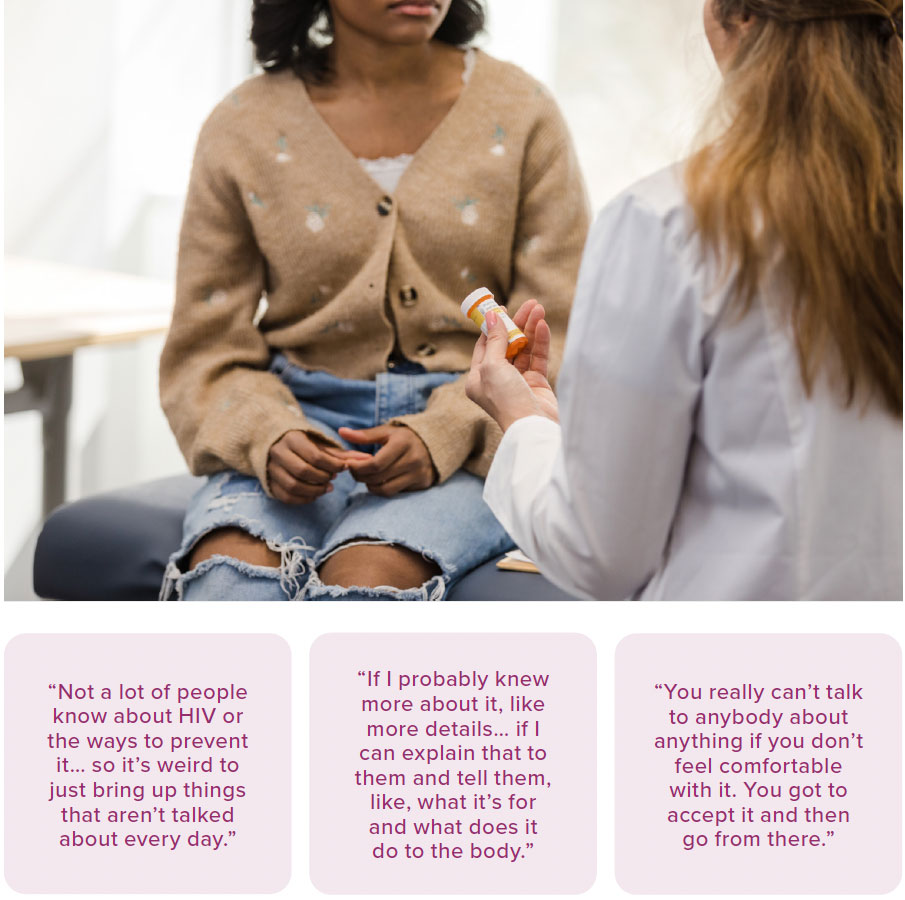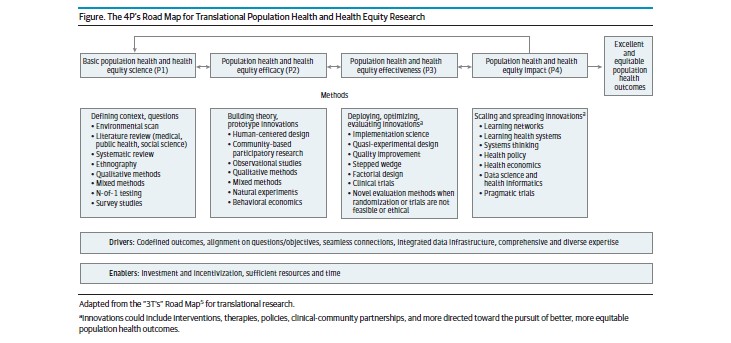More Education Needed to Improve Use of Pre-Exposure Prophylaxis by Young People
Research By: Tanya Kowalczyk Mullins, MD, MS | Corinne Lehmann, MD, MEd
Post Date: June 15, 2023 | Publish Date: June 15, 2023
Adolescent and Transition Medicine | Top Scientific Achievement


Sexual partners of young people living with HIV are at high risk of HIV infection themselves. Oral pre-exposure prophylaxis (PrEP) can help reduce their risk of acquiring the virus that leads to AIDS by up to 99%. But not everyone in this population is taking PrEP.
A study led by first author Corinne Lehmann, MD, MEd, and senior author Tanya Kowalczyk Mullins, MD, MS, explored the attitudes of young people living with HIV toward discussing PrEP with their sexual partners in hopes the information could inform future interventions.
Lehmann and Mullins interviewed 25 people between the ages of 15 to 24 years who are living with HIV. Participants answered questions about their knowledge of PrEP, their sexual behaviors, their attitudes toward discussing PrEP with partners, and any barriers they face to having a conversation about PrEP with future partners.
The most identified barriers included participants feeling uncomfortable with disclosing their HIV status to sexual partners or potential partners, having concerns over their partners’ reactions, as well as the partners themselves not being open to discussing HIV or PrEP. Participants reported that having more knowledge about PrEP themselves would be helpful in discussing the medicine with partners.
The researchers determined that clinicians could increase the use of PrEP by providing more education around the medicine and giving young people at risk of HIV infection more opportunities to meet with clinicians to discuss whether it’s right for them.
“There are barriers young people living with HIV face to discussing PrEP with their sexual partners,” Mullins says. “But providing them with more education about PrEP can help.”
More 2023 Research Highlights
Chosen by the Division of Adolescent and Transition Medicine
Burkhardt MC, Real FJ, DeBlasio D, Beck AF, Reyner A, Rosen BL. Increasing Coronavirus Disease 2019 Vaccine Uptake in Pediatric Primary Care by Offering Vaccine to Household Members. J Pediatr. 2022;247:150-154.e1. doi:10.1016/j.jpeds.2022.04.023
Morales-Campos DY, Flores BE, Donovan E, Burdick S, Parra-Medina D, Kahn JA. A qualitative descriptive study of providers’ perspectives on human papillomavirus vaccine administration among Latino/a adolescents in South Texas clinics: barriers and facilitators. BMC Public Health. 2022;22(1):443. Published 2022 Mar 5. doi:10.1186/s12889-022-12837-2
Lin JA, Jhe G, Adhikari R, et al. Triggers for eating disorder onset in youth with anorexia nervosa across the weight spectrum. Eat Disord. 2023;31(6):553-572. doi:10.1080/10640266.2023.2201988
Woods HE, Schuh AM, Gaydos CA, et al. Preferences for Rectal Sexually Transmitted Infection Sample Collection and Sexual Behaviors Among Adolescent and Young Adult Women Accessing Primary Care Services. Sex Transm Dis. 2023;50(9):613-618. doi:10.1097/OLQ.0000000000001835
Martin VT, Fassler CS, Brunst KJ, et al. Migraine and its association with pubertal maturation and behavioral traits among adolescent girls. Acta Neurol Belg. 2023;123(4):1279-1289. doi:10.1007/s13760-022-02161-2
View more discoveries from 50 research divisions and areas
Return to the 2023 Research Annual Report main features
| Original title: | Attitudes Toward and Experiences With Discussing Pre-exposure Prophylaxis With Sexual Partners Among US Adolescents and Young Adults Living With HIV |
| Published in: | Journal of Adolescent Health |
| Publish date: | June 15, 2023 |
Research By








